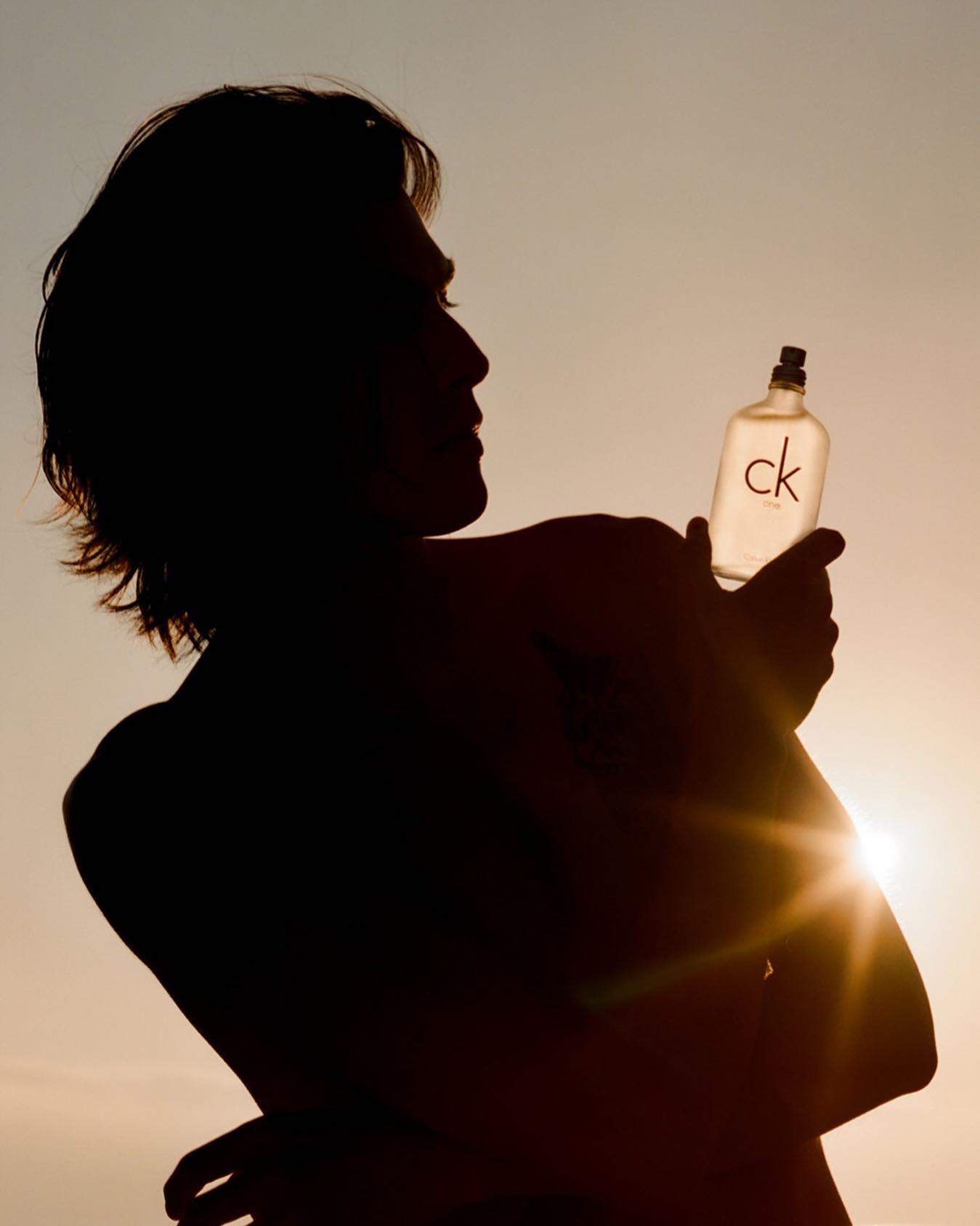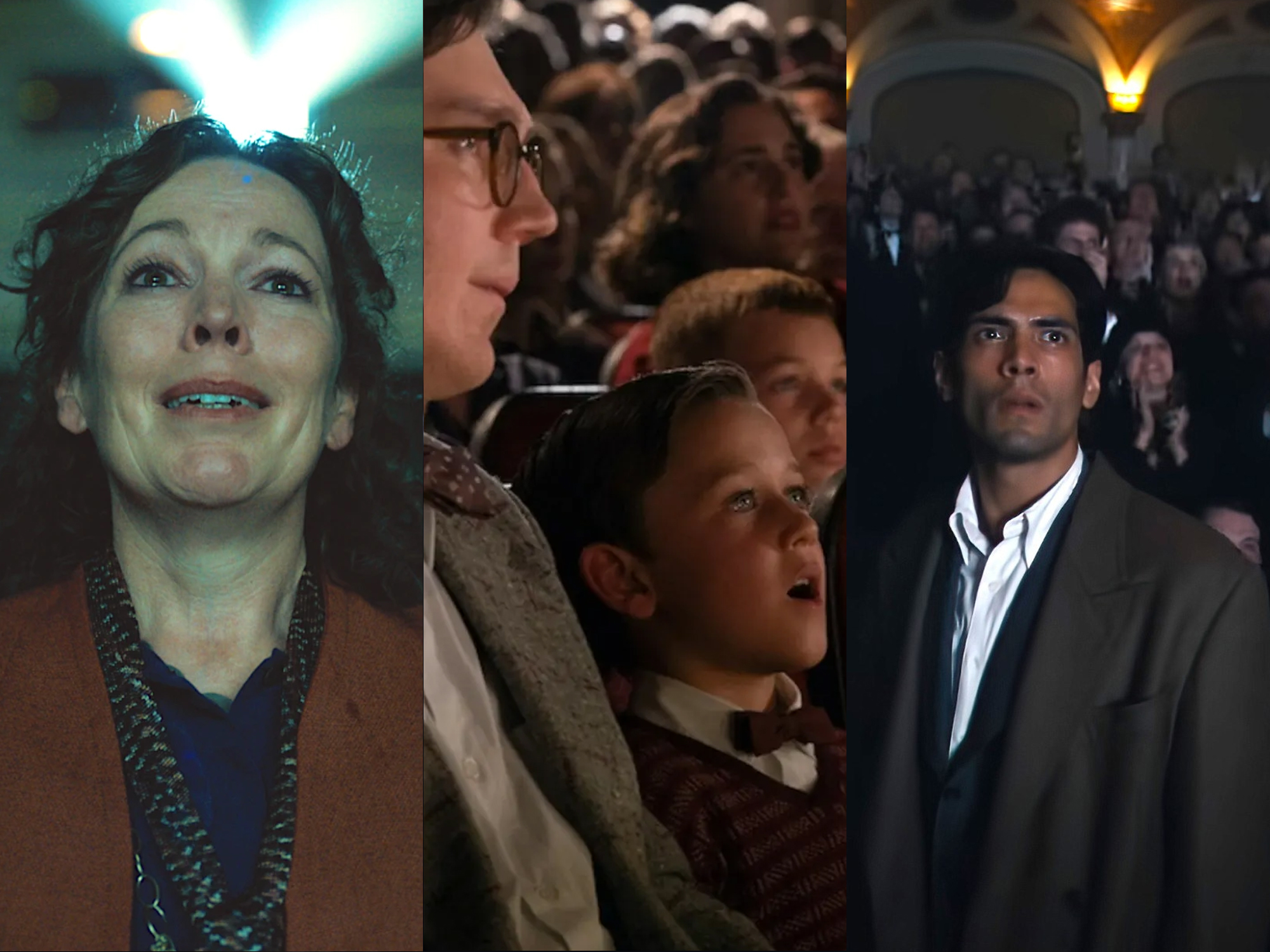In his best film, 2017’s The Big Sick, director Michael Showalter showed a deft hand balancing interracial rom-com conventions with an affecting dash of hospital drama to deliver a love story distinguished by humorous, culturally specific insights and tender depth of feeling. Spoiler Alert in many ways is a queer companion piece, exploring another relationship drawn from real life, this time between gay men. The chief difference, as the title and opening scene indicate, is the outcome of the illness, pushing the new movie further into traditional weepie territory, a move acknowledged with a winking nod to Terms of Endearment.
There are elements of preciousness and quirks that can lean toward the cutesy, even if they do come directly from entertainment journalist Michael Ausiello’s memoir about his 13 years with photographer Kit Cowan. I mean, how many gay men would stick around after an early date reveals a collection of Smurf merchandise that has taken over an entire Jersey City apartment? Clearly, one did, which lends a disarming sincerity to their story, making you warm to the couple and share in their heartfelt moments of sorrow and comfort.
Spoiler Alert
The Bottom Line
The bigger sick.
While box office pundits had a range of opinions about the commercial failure of the Billy Eichner vehicle Bros a couple months back, the general view was that the gay rom-com under-performed even within its core demographic. Spoiler Alert potentially has a shot at appeal beyond that niche, particularly with audiences starved for a genuinely moving, pleasingly old-fashioned four-hankie tearjerker whose sentiments are backed by lived experience. It won’t hurt that the December Focus Features release is also a stealth Christmas movie.
The full title of Ausiello’s book is unequivocal — Spoiler Alert: The Hero Dies — and the script by actor-turned-writer David Marshall Grant and author and LGBTQ activist Dan Savage clues the audience in pretty much from the outset that this will be a grief drama.
One of the significant things it has going for it is the refusal to sand the edges off the relationship to view it as a perfect romantic union. This is a love story that’s frank about the waning of passion, the ebb of sexual desire, the curdling of affection into irritation, infidelity and the seeming death knell of the trial separation. That it takes a terminal illness to renew and fortify the mutual commitment makes it all the more emotional.
In a mildly worrisome opening, TV Guide feature writer Michael (Parsons) gives a quick overview of a life he imagines as an ‘80s sitcom called The Ausiellos, yielding clunky inserts with studio laugh tracks that, despite Showalter’s grounding in TV comedy, needed a stronger stylistic command in order to work. Thankfully, it’s not too long before Michael interrupts his voiceover with, “OK, I’ll shut up now,” after explaining that he never planned for his story to go from sitcom to hospital soap.
The movie becomes instantly more engaging when he gets dragged by a co-worker to jock night at a queer bar and locks eyes with Kit (Ben Aldridge), whose standard-issue best girlfriend Nina (Nikki M. James) — cracks wise, drinks too much, falls for gay guys — encourages Michael by informing him that Kit’s type is dweeb. Which is lucky because from his failure to get Michael’s Knight Rider reference alone, Kit seems an unlikely match for the vegetarian teetotaler. That’s even before the Smurf obsession is revealed, its roots traced to Michael’s loss of his mother at a young age to cancer.
The two of them connect against the odds and although handsome Kit is breezily confident about his sexuality while Michael has body issues from being a self-described “FFK” (Former Fat Kid), the couple sticks. Grant and Savage’s screenplay is perceptive about the unpredictable nature of romantic chemistry, with any sugariness tempered by the knowledge that they’re depicting a real-life relationship.
Uptight Michael would seem to have the most to gain from their union, but it turns out to be a two-way exchange. Kit has never been in a long-term relationship, always believing that quick hookups were enough, and he has never found the right moment to come out to his parents, Marilyn (Sally Field) and Bob (Bill Irwin). Stability with Michael gives him the courage to make that happen when the folks visit New York, a scene that unfolds with awkward amusement under the watchful eye of Kit’s monosyllabic roommate Kirby (Sadie Scott).
Audiences accustomed to more fireworks might grumble that Marilyn and Bob’s swift acceptance means the script sets up conflict it doesn’t deliver. But Field (who starred in Showalter’s Hello, My Name is Doris) and Irwin are so appealing in the roles that it makes sense when they turn it around and admonish Kit for not trusting them enough to share such a fundamental part of his identity sooner.
The progress of Michael and Kit’s lives together is mapped with a captivating light touch, punctuated by annual photographs of them by the Christmas tree, that holiday being another of Michael’s obsessions. The action skips from their first shared apartment through their attempt to salvage the deteriorating relationship with couples therapy. Michael has gone from zero booze to a bottle or more of wine a night, while Kit is spending more time at the office of the commercial photography firm where he works and seems suspiciously flirty with new colleague Sebastian (Queer Eye food guy Antoni Porowski).
The tone shifts smoothly once Kit discovers a growth diagnosed as a rare neuroendocrine tumor. Although they are living apart by then, Michael steps in to book appointments with New York’s best oncologists, leading to false hopes, reprieves and eventually, grim reality, faced together.
Where the drama is headed is never in doubt, and the steps it takes to get there are often familiar. Yet by this time we are sufficiently invested in the couple to care deeply. If anything, the intrusion of mortality makes the relationship more believable as both Parsons and Aldridge (Epix’s Pennyworth) imbue their scenes with warmth and heart, regret and exquisite sadness. A visit to Kit’s parents in Ohio to break the awful news to them will have all but the most hardened viewers tearing up, as will a lovely interlude where the four of them spend a weekend together in Ocean City, New Jersey, after Kit’s radiation treatment has bought him some time.
Showalter and the writers don’t hold back on the sentiment, and it could be argued that a cut to Michael’s TV fantasy version of his life, just as his pain reaches its zenith, clouds the pathos. But this is a well-acted movie with far more authentic feeling than mawkishness; it provides a welcome reminder that there’s nothing quite so emotionally cathartic as a good cry. Home-video footage of the real Michael and Kit on the end credits adds weight to the lingering poignancy.



























































